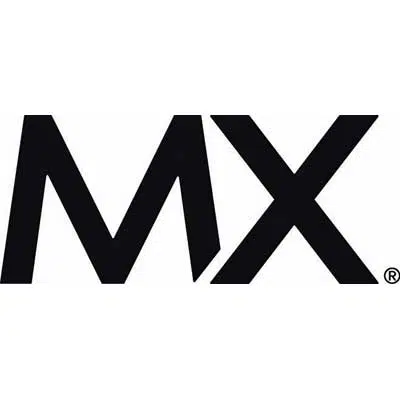The kinetic energy powering the open-banking wave continues to build. On Thursday, fintech Sila Inc. and MX Technologies Inc. announced tokenized integration for bank-account verification through MX’s MXapi Processor Tokens. The tokens will enable clients of Sila and their end users to digitally verify bank accounts and account data for fraud mitigation and account balance checks. Among other businesses, Sila processes automated clearing house transactions.
With MXapi Processor Tokens, Sila clients no longer need to manually verify a customer’s name, account, account balances, bank routing, and other personal and financial information when a consumer opens an account. As a result, the potential for data-entry errors is eliminated as banks no longer need to share and store sensitive user data when initiating the movement of funds. The tokens also remove the need to verify an account is valid and can accept deposits and withdrawals through micro-deposits. Micro-deposits are small sums, typically $1 or less, transferred in and out of an account to verify its validity and check the balance in the account.
Sila chief executive and co-founder Shamir Karkal says development of the tokens is part of Sila’s strategy to streamline its customer workflows and builds on Sila’s strategic partnership with MX.

Sila is a software platform that provides payment infrastructure as a service making it easier for companies to securely integrate with the United States banking system and blockchain ledgers in compliance with applicable U.S. regulation. Products offered by Sila include virtual accounts, digital wallets, and ACH payments application programming interfaces for software teams.
“Our MXapi Processor Tokens make it easier and safer for our partners and clients to verify consumer financial data while avoiding the risks of handling and storing sensitive information,” Corinne Bartow, vice president of fintech partnerships at MX, says in a prepared statement.
MX connects more than 13,000 financial institutions and fintechs and serves 85% of digital-banking providers, as well as thousands of banks, credit unions and fintechs, with a combined reach of over 200 million consumers, the company says.





